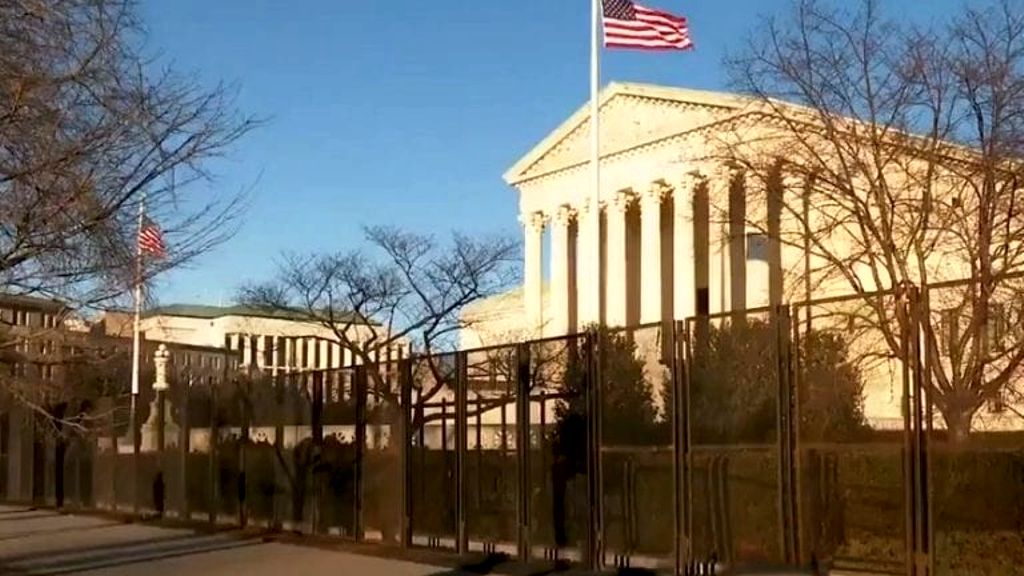Germany will significantly increase its use of highly polluting coal to preserve energy supplies ahead of the winter as Russian cuts to gas exports threaten shortfalls in Europe’s largest economy.
The German government said on Sunday it would pass emergency laws to reopen mothballed coal plants for electricity generation and auction gas supplies to industry to incentivise businesses to curb consumption. The move illustrated the depth of concern in Berlin over possible gas shortages in the winter months.
“This is bitter but in this situation essential to lower the use of gas,” said German economic minister Robert Habeck, a member of the Green party.
Russia cut capacity on the main gas export pipeline to Germany this week by 60 per cent, sending ripples across the continent as western officials became convinced that Moscow is weaponising its gas exports in response to EU sanctions following the full-scale invasion of Ukraine.
Italy, which has also seen gas supplies from Russia fall, is expected to announce emergency measures in the coming days if supplies are not restored.
Habeck said Berlin was working on a new law to temporarily bring back up to 10 gigawatts of idle coal-fired power plants for up to two years; that would increase Germany’s dependence on coal for electricity generation by up to a third.
“The situation is serious,” said Habeck. “It is obviously Putin’s strategy to upset us, to drive prices upwards, and to divide us . . . We won’t allow this to happen.”
The plan is at odds with Germany’s climate policy; it aims to phase out coal by 2030 as it is much more carbon-intensive than gas.
Germany’s three remaining active nuclear power plants have a capacity of 4 gigawatts and are scheduled to go off the grid by the end of this year. Their lifespan will not be extended as the government has concluded the technical and safety hurdles are too high.





